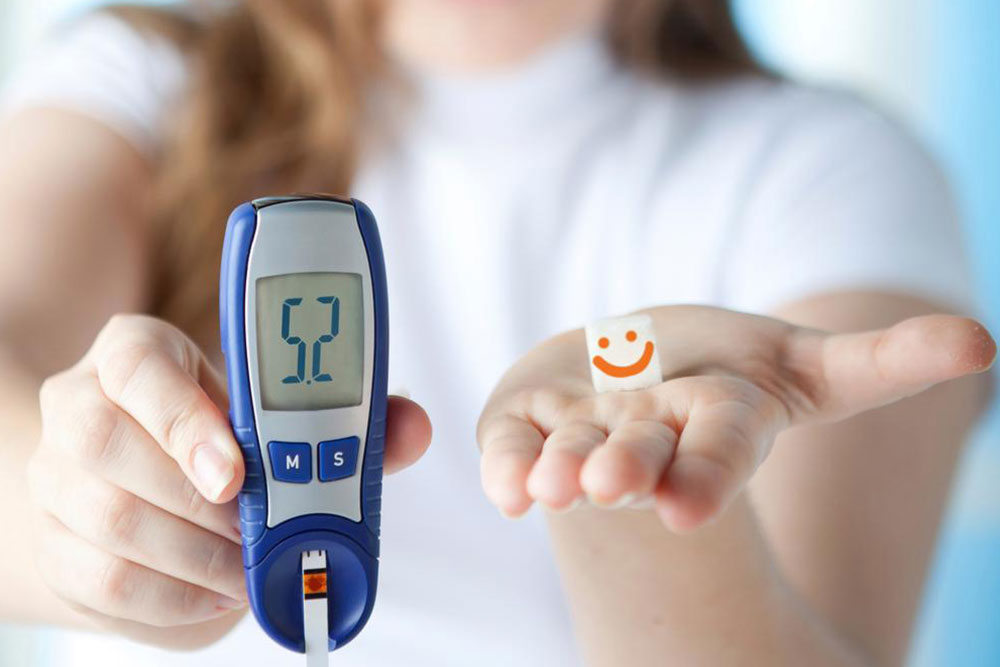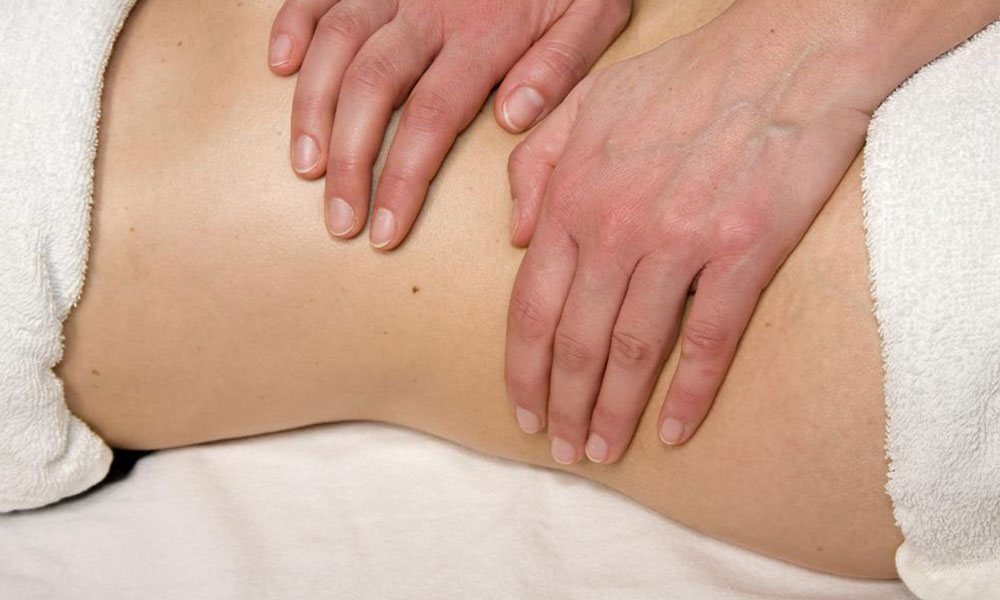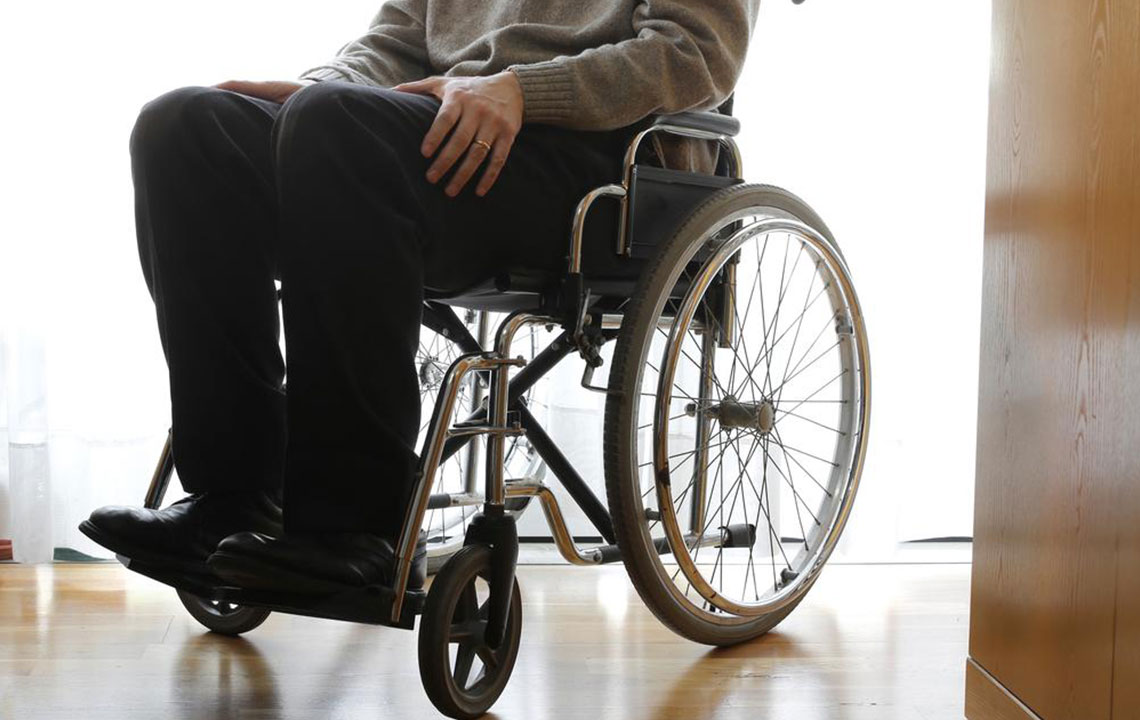Top 8 Strategies to Prevent Erectile Dysfunction
Discover essential strategies to prevent erectile dysfunction. This guide covers lifestyle changes such as limiting alcohol, maintaining a healthy weight, managing chronic illnesses, protecting artery health, quitting smoking, exercising regularly, avoiding prolonged cycling, and supporting mental health. Implementing these steps can significantly reduce the risk of ED and enhance overall vitality and wellness.
Sponsored

Eight effective methods to prevent erectile dysfunction
Erectile dysfunction (ED) is a widespread issue with various causes, some uncontrollable, others manageable. Taking proactive measures can significantly reduce the risk factors associated with ED. Here are eight practical strategies to help prevent the condition:
Limit alcohol intake
Excessive alcohol consumption can impair the nervous system, acting as a depressant that dulls reflexes and hampers arousal. Long-term alcohol abuse may also cause hormonal imbalances, liver and nerve damage, leading to lower testosterone levels and difficulty achieving erections.
Maintain optimal body weight
Being overweight or obese is linked to challenges in maintaining an erection. Achieving and sustaining a healthy weight supports overall health and reduces ED risk. Regular exercise and balanced diet contribute to a fit body, preventing various health issues including ED.
Manage chronic conditions
Chronic diseases like cardiovascular issues, diabetes, and neurological disorders are major contributors to ED. Effective control of these illnesses through medication, diet, and lifestyle adjustments can help preserve erectile function and promote better health.
Protect artery health
Since the penis relies on healthy blood flow, maintaining arterial health is crucial. Diets high in saturated fats and cholesterol can clog arteries, impairing blood flow. Limiting intake of such foods and managing cholesterol levels are vital in preventing ED.
Quit smoking
Smoking damages blood vessels due to nicotine's vasoconstrictive effects, reducing blood flow to the penis. Avoiding tobacco use is essential for maintaining vascular and sexual health, and quitting can markedly lower ED risk.
Stay active with regular exercise
Engaging in consistent physical activity improves circulation, reduces stress, and enhances overall health, all of which help prevent erectile issues. Consult with a healthcare professional for a personalized exercise plan.
Limit prolonged cycling
Excessive cycling can put pressure on sensitive areas, affecting nerves and blood vessels critical for erection. To minimize impact, take frequent breaks or opt for wide, comfortable bike seats.
Prioritize mental wellness
Psychological health plays a significant role in sexual performance. Stress, anxiety, and depression can contribute to ED. Addressing mental health through therapy or medical support is crucial for restoring sexual function and overall well-being.






